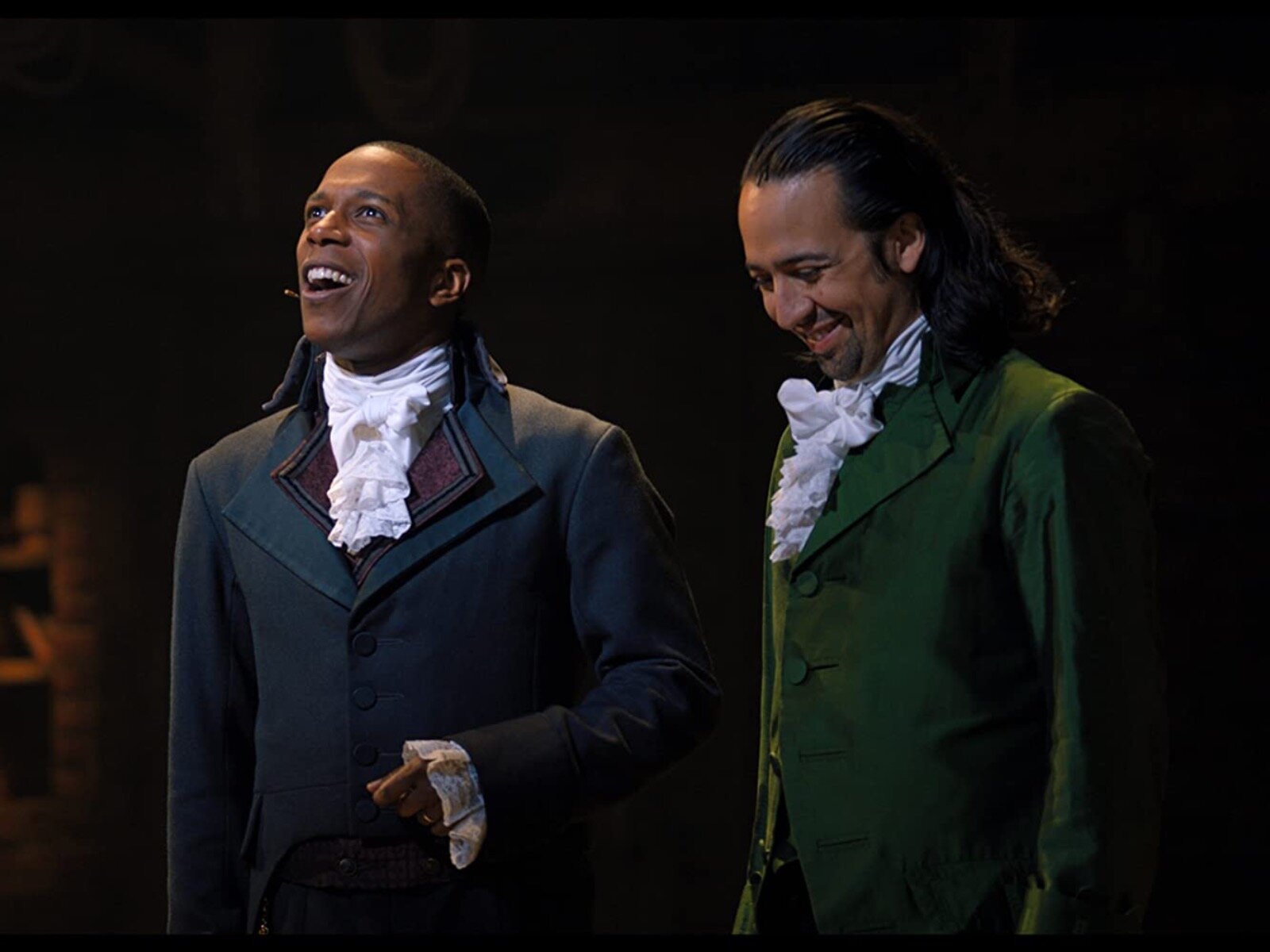As the credits rolled on "The Master" and I sat back to contemplate what I had absorbed over the two-ish hours it spent on the screen, I got a weird sense of deja vu. It didn't take long before I realized the ambivalence I had for "The Master" was almost identical to the ambivalence I felt after watching director Paul Thomas Anderson's other much-buzzed about work, "There Will Be Blood."
Although its premise is similar, "The Master" is very much its own story. It centers around Joaquin Phoenix's character, Freddie Quell, a soldier adrift in the world and disillusioned by life after his recent return from duty during World War II. He finds tantalizing promise with cult-like organization The Cause and its charismatic and eloquent champion, Lancaster Dodd (the ever-brilliant Philip Seymour Hoffman).
The men's relationship ebbs and flows throughout the movie, propelling it with their tense power struggle along the spectrum between friend and adversary. They alternatively negotiate for control in their own ways: Freddie, with his wild, brash proclivity to physical violence, and Dodd, who seeks to tame Freddie's baser instincts while maintaining a tightly coiled control over himself and his movement.
It's these character studies that make "The Master" so oddly fascinating. Their extreme behavior, juxtaposed with the civilized "higher order" The Cause seeks to harness, is a psychologist's playground. These people make up a complex, flawed and enthralling menagerie – Freddie, The Cause's monkey in a suit; Peggy Dodd (Amy Adams), Lancaster's wife, the territorial and hard-hearted badger of a matriarch determined to oust Freddie from their mission; the increasing mass of sheep The Cause collects as it grows in popularity; and Lancaster himself, the oily, smooth-talking snake persuading them all to follow him on this path.
What makes this odd assortment of neurotic power jockeys so much fun to watch isn't just how they're written on paper. Phoenix, Hoffman and Adams immerse themselves in these roles and flesh out every aspect. Without their attention to detail and devotion to their individual parts in the larger story, the film could have easily fallen flat. "The Master" is fully dependent on its characters for success, and lesser actors would have been crushed under the weight of that responsibility.
Anderson, for his part, does pay incredibly careful attention to detail to help make "The Master" work. Every choice is deliberate, and that's especially evident in the music that accompanies each scene. It varies from slinky, almost comical bossa nova to refined and haughty classical to nothing at all, but each selection's tone so perfectly complements what's happening it adds to the film with an expert fluidity that's almost subconsious.
The problem (or the genius) of Anderson's work is that it takes time and/or another viewing or two to really let its themes sink in. It's not so much a comprehension hurdle so much as it is a critical thinking one that could hold viewers back. The easy thing to do is write "The Master" off as pretentious, but really all it's doing is not spoon-feeding the audience the message. It's frustrating to not have the instant gratification of a complete opinion once the lights come up, but it's impossible to be wholly turned off when what unfolds is so engrossing.
Contrary to her natural state of being, Renee Lorenz is a total optimist when it comes to Milwaukee. Since beginning her career with OnMilwaukee.com, her occasional forays into the awesomeness that is the Brew City have turned into an overwhelming desire to discover anything and everything that's new, fun or just ... "different."
Expect her random musings to cover both the new and "new-to-her" aspects of Miltown goings-on, in addition to periodically straying completely off-topic, which usually manifests itself in the form of an obscure movie reference.







